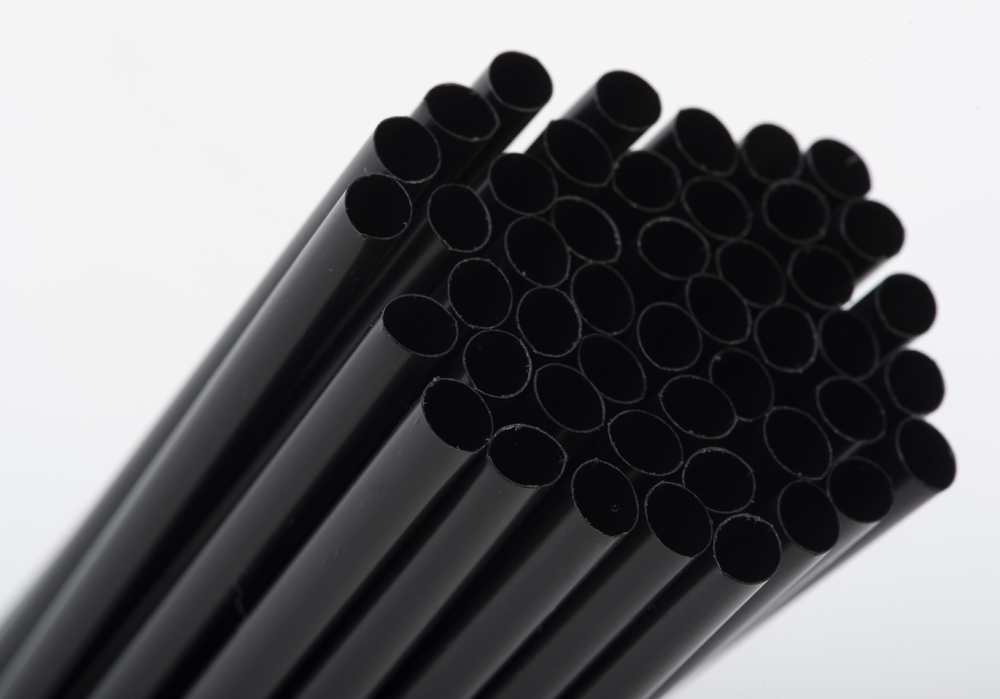In a world where sustainability is becoming more and more critical, composting is one of the simplest ways to help make a difference. As a country, Australia is committed to sustainability and reducing its carbon footprint. One way we can do this is by composting our organic waste instead of sending it to landfill.
Composting has many advantages, both for the environment and your backyard.
This blog post will discuss the many advantages of composting and how you can get started today.
Defining Composting: What It Does
Composting is the process of decomposing organic substances, such as food scraps and yard waste, to create a rich soil supplement called compost. Composting accelerates the natural decomposition process and produces a nutrient-rich substance that can be used to improve the quality of your soil.
What Can You Gain from Composting?
When you compost, you reduce the amount of waste that goes to landfills. In Australia, a total of 7.6 million tonnes of food are wasted across the supply and consumption chain each year. This is a huge problem because when food waste breaks down in landfills, it produces methane, a greenhouse gas harmful to the environment.
Composting your food waste instead of sending it to the landfill can help reduce methane emissions and slow climate change.
In addition, composting can save you money on fertilisers and other soil amendments. Compost is a rich source of nutrients that can be used to improve the quality of your soil. By using compost instead of chemical fertilisers, you can reduce your impact on the environment and save money.
Finally, composting is a great way to reduce your household waste. In Australia, the average household produces more than 1 tonne of waste each year! By composting your organic waste, you can reduce the amount of waste your family produces.
Different Types of Composting
There are four composting methods you can use, depending on your needs and preferences:
- Cold composting—Cold composting is simple and requires no special equipment. All you need is a bin or pile to store your organic waste. Cold composting can take a few months to a year, depending on the size of your bin or pile.
- Hot composting—Hot composting requires more effort than cold composting, but it produces finished compost in a shorter period. Hot composting also kills weed seeds and pathogens, making it ideal for gardeners who want to avoid pests.
- Backyard composting—This is done by individuals, families or small groups using small-scale methods, such as bins or piles, to compost their organic waste.
- Industrial composting—This is done by businesses or large organisations using large-scale methods, such as anaerobic digesters or in-vessel composters.
No matter which method you choose, composting is a great way to reduce your environmental impact.
Advantages and Disadvantages of Composting
As with anything, there are advantages and disadvantages to composting. These should be considered before starting a compost pile or bin.
The advantages of composting include the following:
- It reduces the amount of waste sent to landfill.
- It reduces greenhouse gas emissions.
- It improves the quality of your soil.
- It saves money on fertilisers and other soil amendments.
On the other hand, the disadvantages of composting include the following:
- It can attract pests if not done correctly.
- It can produce unpleasant odours if not done properly.
- It takes time and effort to maintain a compost pile or bin.
Are There Compostable Products I Can Use at Home?
Yes! There are many compostable products that you can use at home, such as compostable bin liners, compostable dog poop bags, compostable straws and compostable gloves. These products are made from renewable resources, such as cornstarch or plant-based plastics, and will break down into compost within a few months.
- Bin liners—Made from renewable sources, designed to break down into compost and improve soil quality.
- Dog poo bags—Whilst picking up after your dog is important, using traditional plastic poop bags can harm the environment.
- Compostable straws—Never worry about plastic straws being dumped on landfills and shores. Compostable straws reduce environmental waste and save marine life.
- Gloves—An environment-friendly and healthy way to handle food and keep many industries safe from plastic intoxication.
Bonnie Bio: Sustainable Compostable Packaging in Australia
Bonnie Bio specialises in producing sustainable and compostable packaging. Our products are all made from renewable resources, and they are proven safe.
Using our compostable packaging is a great way to reduce your environmental impact and help lessen methane emissions from landfills. Our products are also competitively priced, making them an excellent option for businesses and households.
If you’re looking for an eco-friendly alternative to traditional plastic packaging, our Bonnie Bio compostable products are a good find! Get them now.

